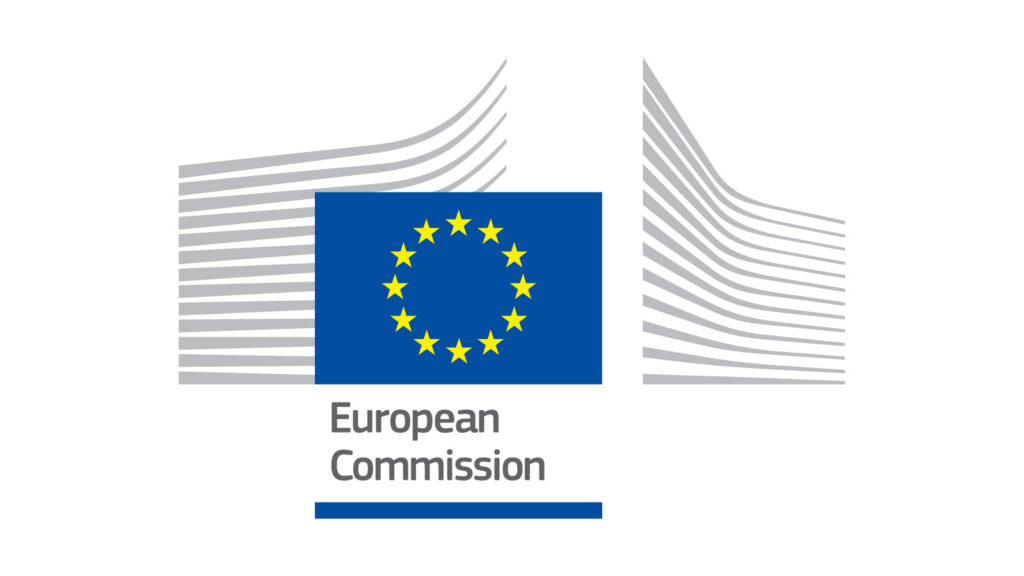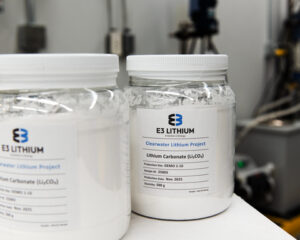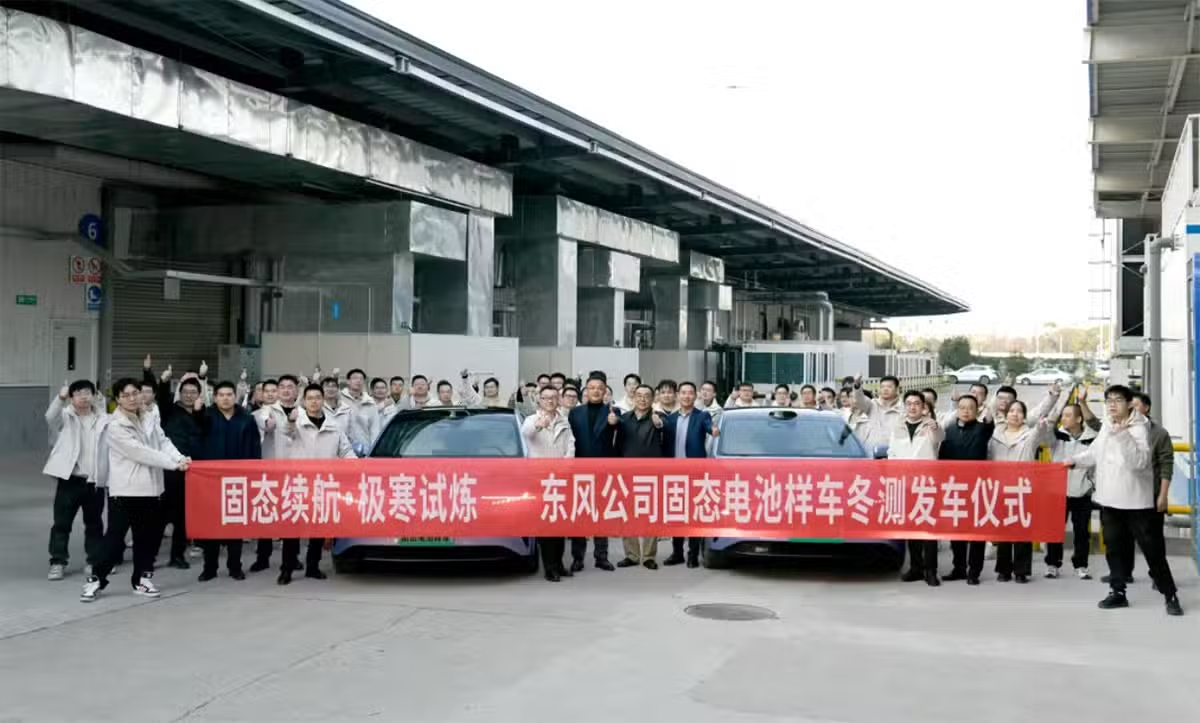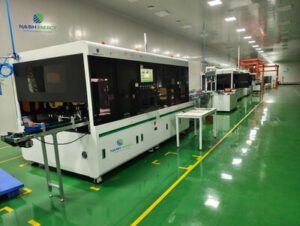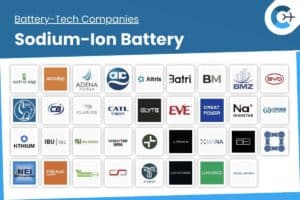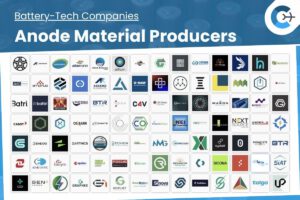The European Commission has awarded €852 million in grants to six electric vehicle (EV) battery cell manufacturing projects under its Innovation Fund, financed through the EU Emissions Trading System (EU ETS). Launched in December 2024, the Fund’s first Battery Call aims to accelerate investment in Europe’s battery industry and support the EU’s decarbonization and industrial competitiveness goals.
The selected projects will develop innovative and sustainable manufacturing processes for EV battery cells. Once fully operational before 2030, they are projected to deliver a combined annual production capacity of around 56 gigawatt-hours (GWh) and reduce greenhouse gas emissions by approximately 91 million tonnes of CO₂ equivalent over the first ten years of operation. Funding covers both capital and operational expenditures, with disbursements linked to project milestones and early support available during the investment phase.
The six projects receiving grants are:
- ACCEPT (Automotive Cells Company European Production Take-off) in France, led by Automotive Cells Company (ACC)
- AGATHE (Advanced Gigafactory Aiming at Tempering Greenhouse Gases Emissions) in France, led by Verkor
- CF3_at_Scale (Scaling of Innovative Manufacturing Processes for High-Performance Cells) in Germany, led by Cellforce Group
- NOVO One (NOVO One Gigafactory) in Sweden, led by NOVO Energy
- WGF2G (Willstatt GigaFactory 2 GWh) in Germany, led by Leclanché
- 46inEU (Powering the Future – 46 Cylinders, Infinite Possibilities in Europe) in Poland, led by LG Energy Solution
Grant agreements are expected to be signed with the European Climate, Infrastructure and Environment Executive Agency (CINEA) in the third quarter of 2025. Projects that did not secure funding may receive development assistance from the European Investment Bank.
The Innovation Fund’s 2024 Battery Call received 14 proposals from eight countries, 13 of which met eligibility criteria. Independent experts evaluated submissions based on innovation potential, greenhouse gas emission reductions, technical maturity, replicability, security of supply, and cost efficiency.
Since 2021, the Fund has committed roughly €12 billion to more than 200 projects across the European Economic Area. The targeted Battery Call is part of a broader initiative to strengthen Europe’s battery value chain with up to €3 billion in financial support.

